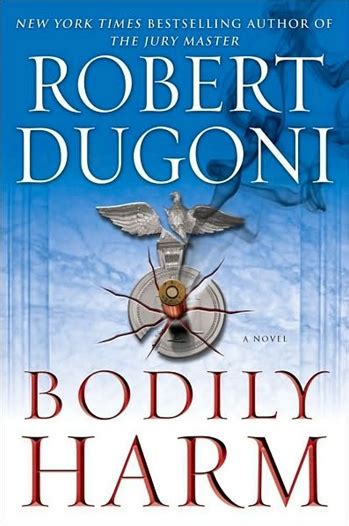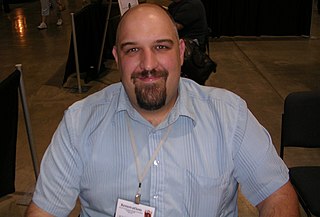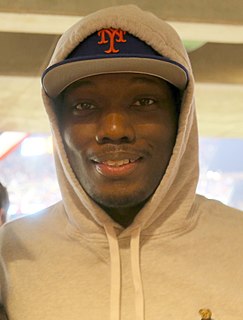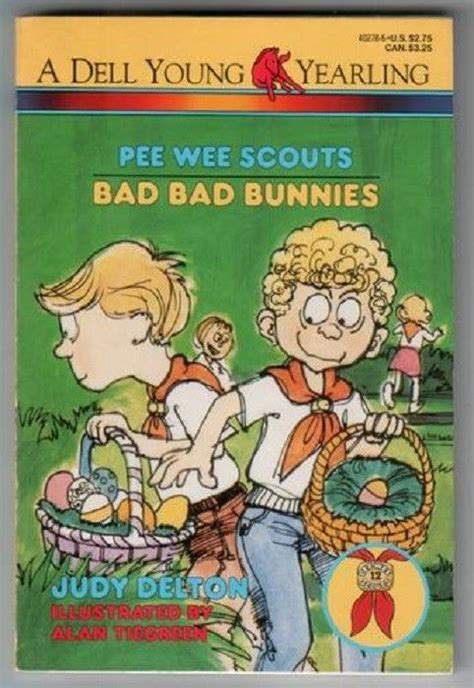A Quote by Robert Dugoni
Whether you're an unpublished novelist or a sixteen-time New York Times bestselling author, you can always improve your craft. You can always become a better writer.
Related Quotes
When I got my very first phone call that I'd hit the 'New York Times' list, I had a small rush of 'I've made it!' But the next morning, it occurred to me I didn't know what it was, so I called my agent and asked what being a 'New York Times' bestselling author really meant. He informed me that I was now a thousand pound gorilla.
You're always going to have more traffic if you're a free website. But we've always admitted that the New York Times was behind other news organizations in making our stories available to people on the web. BuzzFeed and the Huffington Post are much better than we are at that, and I envy them for this. But I think the trick for the New York Times is to stick to what we are. That doesn't mean: Don't change. But I don't want to be BuzzFeed. If we tried to be what they are, we would lose.
If you are serious, and you want to make a living as an author, then you need to hustle. Period. If you can't make that quality, then you need to concentrate on your craft and practice more. One other thing, quality comes with practice. If you are prolific, then you become a better writer because you are writing. The more you do anything the better at it you will become. So in a way, quantity does add to quality.
Man! What are you? Who are you? Just a shadow in this universe! You always forget this and the truth will always remind you what you really are! Do you want to be a real thing, not just a shadow? Improve your science ten thousand times; improve your science hundred thousand times! If you can't improve your science, you will remain as a miserable shadow!
Recently it's become much to my surprise, something that does happen. For example, I used to get almost all of my stories, and it's probably still true, from newspapers. Primarily from The New York Times. No one ever really thinks of The New York Times as a tabloid newspaper and it isn't a tabloid newspaper. But there is a tabloid newspaper within The New York Times very, very often.


































